If you have a diseased or damaged lung, you may need a lobectomy. This surgery removes one of the lobes (sections) of the lung.
The right lung has three lobes, and the left lung has two. By removing only the affected lobe, the remaining healthy tissue is spared to keep adequate lung function.
A lobectomy helps treat certain conditions of the chest and lungs. These conditions include:
- Tuberculosis (TB)
- Lung abscess
- Emphysema
- Benign tumor
- Lung cancer
- Fungal infection
A lobectomy is typically performed by a cardiothoracic surgeon. We have some of the area’s most experienced surgeons specializing in the chest area. Their skill and expertise translate into excellent patient outcomes that meet or exceed national benchmarks.
What does a lobectomy involve?
There are two different approaches to a lobectomy:
Thoracotomy: A lobectomy is most often performed during a surgical procedure called a thoracotomy, which involves a surgical incision of the chest. The incision is made near the affected lobe, typically on the front of the chest under the nipple line, and extends around the back under the shoulder blade. The surgeon enters the chest cavity through the exposed ribs to remove the lobe.
Video-assisted thoracic surgery (VATS): This minimally invasive procedure uses specialized surgical instruments to enter the chest cavity through three or four small incisions. One of the instruments, a thoracoscope, has a tiny camera and transmits the image to a TV-like monitor. Other small instruments are inserted through the remaining incisions to perform the procedure.
Both procedures require a hospital stay, though the length of stay varies by procedure and the patient’s overall health and healing.
Which procedure is right for me?
Which procedure will have the best outcome depends on your unique situation That’s why our surgeons work with you and your entire medical team to make a treatment plan that’s customized to your condition, health and goals.
To learn more or schedule an appointment with our thoracic surgery team in Portland, call 503-256-1575.

